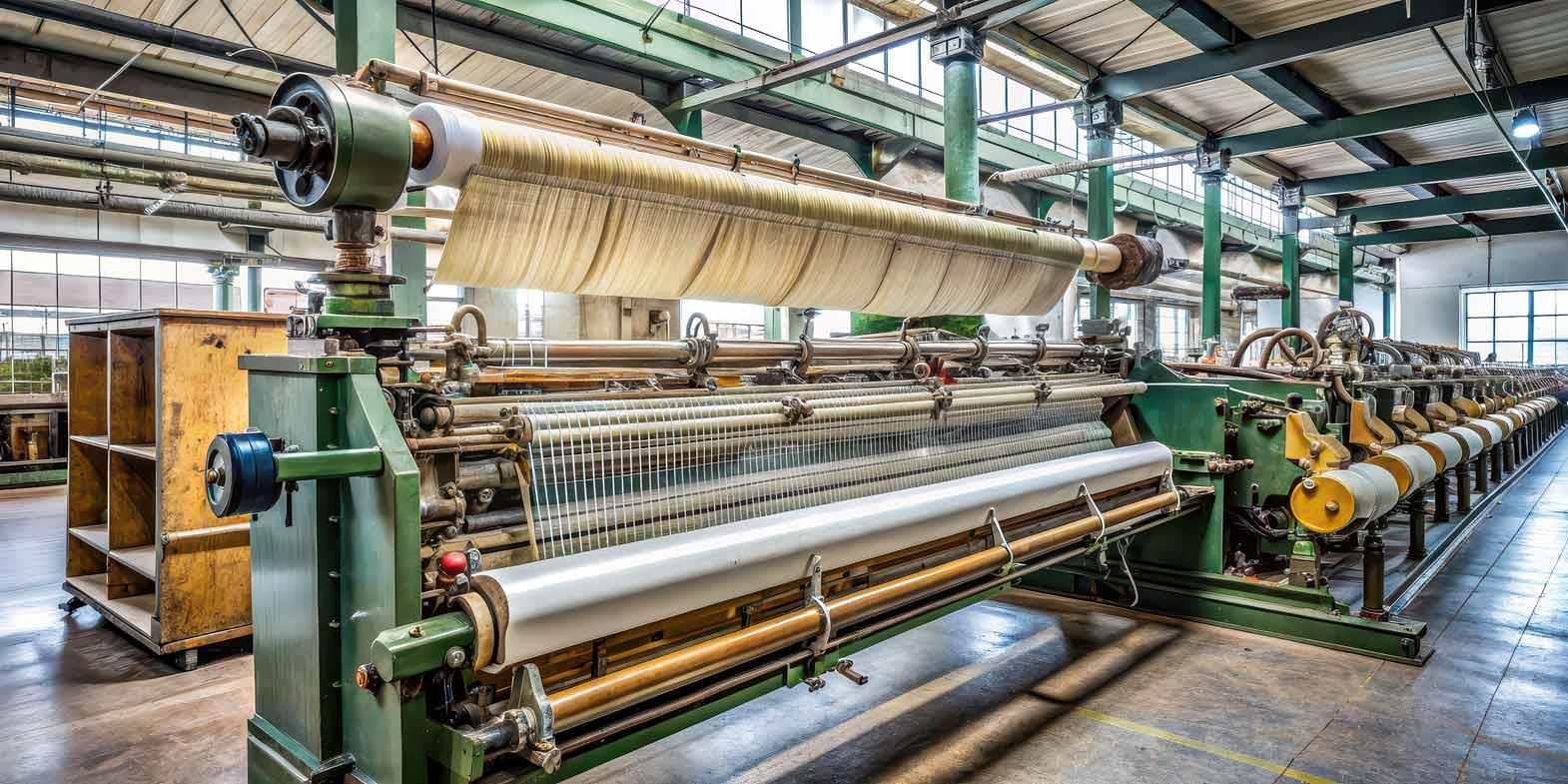Machineries have become the heart and soul of a textile manufacturing plant. It fastens the entire manufacturing process. It also helps in reducing manual errors. It has been observed that better results are obtained when machines are employed to complete a chore as compared to human beings. Any area where there is no need to apply creativity or produce novel items, it is advisable to opt for machines.
The Indian government is seriously considering a law in the country that will reduce the import of used machinery. Talks were arranged and are still going on in this regards. The Ministry of Commerce and Industry received a written request to ban the use of imported second-hand machinery that is over five years old or to define the age limit for imported second-hand machinery for various sectors under TUFS. The textile industry will be the most affected by this law, since it largely relies on imported used machinery.
This law is believed to benefit the local industries. By the implementation of this law, textile manufacturers will resort to the use of machinery produced inside the country. The government claims that such a law will also increase good quality products in the market and improve the overall economy. This is because used machineries consumed more power and resources. Besides, it produced lower quality goods.
But this law may do more damages than benefits to the local industries. It may force textile manufacturers to buy only Indian machines. But will that really benefit the manufacturing process and productivity? Textile manufacturers resorted to the use of imported second-hand machineries because it served their purpose and was cheaper comparatively. They were successful in producing good quality goods.
Forcing textile manufacturers to use local machineries by canceling subsidies for second-hand imported machinery users may hardly serve their purpose. Textile producers know which machines are suitable for their production process. Using second-hand imported textile machinery was their decision. If they are made to use other machines, even if the machines are locally produced, desired results may not be obtained.
The demand for second hand used machinery is high in the Indian textile industry. Surveys show that almost 80 percent of shuttle-less looms in manufacturing units are second hand and imported. Almost 40 to 45 percent of machine tools equipment are second hand and imported. And almost 80 percent of construction machineries are second hand and imported. Can the Indian capital goods manufacturing industry meet this huge demand alone?
Textile manufacturers may have a hard time if the law is implemented. They may have to either resort to the use of expensive, newly produced, imported machineries or use native machineries. Good quality machineries produced in the country need not be very cheap, either! Availing subsidies by buying expensive machines may not be profit-generating to the textile manufacturers, as such.
Healthy competition from imported machineries is good for the local manufacturers, as well. They can analyze these imported machineries and make efforts to make similar, high quality products that will benefit their clients. This way they can increase their profit. If there is no competition, the quality of the native machineries will continue to lag behind in comparison to the machineries produced from other countries.
There is one more concern surrounding the use of textile machinery - safety! Textile manufacturers ought to take care of the safety aspect, as well. Using machineries manufactured by amateurs can lead to fatal accidents. It is necessary to ensure that the machinery manufacturer is reliable. They may not be willing to trust a new brand, which is perfectly justifiable from their point of view.
This law, of course, may have its positive effects. But it is sure to have more negative effects. Implementing this law is not beneficial at this point of time. It may affect the overall production and quality. India is one of the leading textile industries of the world. It is not wise to have laws that may impact this position. This law is not implemented as yet by the government. Its implementation may not be looked forward to by everybody either!
References:
- Articles.economictimes.indiatimes.com
Image
Courtesy:
- Giveourtime.com
- January1905industrialrev.blogspot.com









Comments